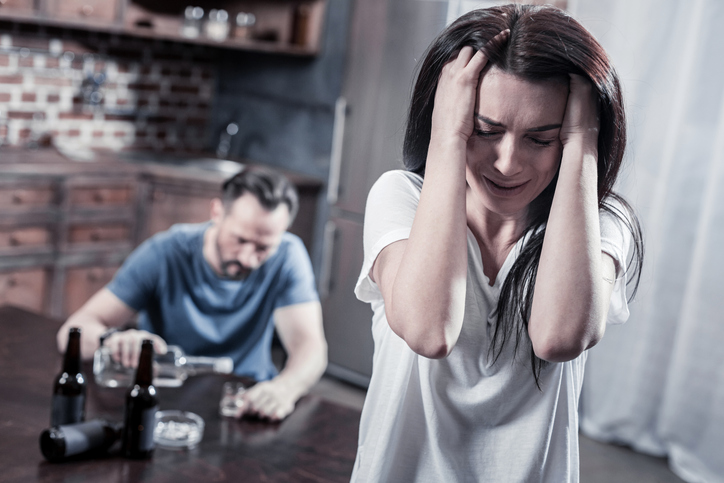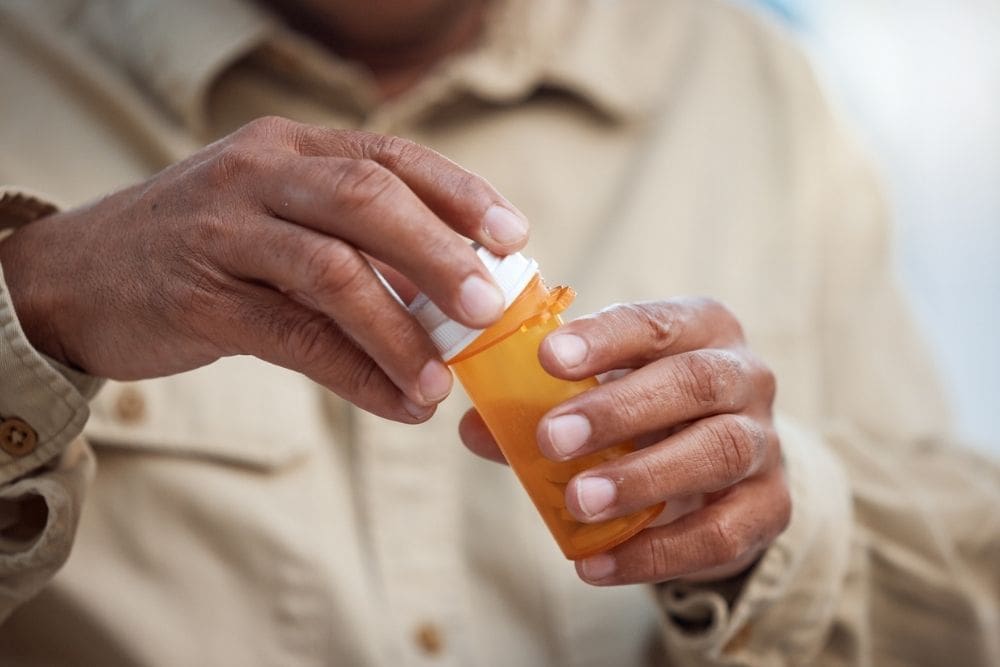From a mental health perspective, a toxic relationship is any type of sustained interaction with someone that leaves you feeling poorly understood, taken for granted, attacked, unsupported, or looked down upon. Because so much negativity is produced by toxic relationships, they often disorient you and whittle away at your mental, emotional, psychological, and even physical well-being.
Toxic relationships don’t have to be romantic. They can form and thrive in friendships, in the workplace, and in family dynamics. Someone who has a history of substance use disorder or a mental illness like depression, borderline personality disorder, or bipolar disorder may be more likely to fall into toxic relationships because of their heightened emotional sensitivity. At the same time, the symptoms of addiction and mental health disorders can also look like or motivate toxic behavior. In other words, toxic behavior is not in itself a mental illness, although it may indicate some underlying mental health issues that affect behavior.
How Do I Recognize a Toxic Relationship?
Most people realize they’re in a toxic relationship when they notice that, around a specific person, their self-esteem has lowered, their emotional needs are consistently unmet, and they feel exhausted, disrespected, and/or unappreciated.
Other less obvious signs of a toxic relationship manifest when you notice that you’re investing too much time, money, or emotional energy into regulating someone’s emotions for them or trying to make them happier. Over time, this can turn into you carefully watching what you say or do so as not to upset or offend the person. Other more subtle signs of toxicity in your relationships can look like the following:
- You seem to be the only one who makes the mistakes or causes the problem
- You feel like the person only sees the worst side of you and/or vice versa
- After most conversations, you feel disturbed, misinterpreted, or uneasy
- No matter what you do or say, the same problems seem to occur
How Do I Recognize a Toxic Person?
Someone who is toxic displays the the following behaviors:
- They use manipulative language and employ manipulative actions to hurt you, punish you, or coerce you into doing what they want
- Their behavior is confusing or contradictory most of the time. This might also look like gaslighting, a situation where someone dismisses your thoughts and feelings as fake, silly, or ‘crazy’
- They make you feel like you can’t be yourself around them
- Drama seems to follow them
- They behave as if they need your attention as much as they need food, sleep, or water
- They may abuse substances and manipulate or mistreat you to obtain those substances
Not every toxic relationship can be easily ended or avoided, and while every toxic situation is different and varies in degree, you can still utilize an array of strategies to get to a healthy place.
Direct confrontation is the simplest, though perhaps most challenging, method of addressing a toxic person. If you feel safe doing so, bring up their inconsistencies, lies, or manipulative behavior and express that such behavior is no longer acceptable.
You will probably need to follow up this conversation by setting boundaries. You can communicate that you won’t spend time with them if they continue to display the toxic behaviors that you’ve observed.
Blocking or cutting someone off is the last, most permanent, option for dealing with a toxic person. In extreme cases, this may be the only viable option for you. Make sure you have a support system in place that can help you make the break.
How Do I Know If I’m Toxic?
Firstly, if you’re asking yourself that question, rest assured that you’re taking the first step toward healthy social interactions if you do happen to be the toxic one. Remember: toxic people aren’t “bad,” and they often aren’t trying to hurt you. Their trauma, heartbreak, mental illness, depression, or addiction could be informing most of their interactions with you. Additionally, it’s more than possible that both parties in a relationship are toxic.
However, if you are the main source of toxicity in your relationship, you’ll notice that many people throughout your personal history respond to you in the same ways: consistently avoiding you, expressing that you cause them compassion fatigue, attempting to set boundaries with you, or blocking, ghosting, or cutting you off for short or sustained periods of time.
It’s important not to beat yourself up. If your behavior is due to substance use disorder, turn any guilt or shame into action and enter our addiction treatment program. We offer cognitive behavioral therapy, among other programs, to help you break down the origin of your toxic tendencies and move away from them for good.
What Does Toxicity Look Like in Recovery?
In the context of addiction recovery, the danger of toxic relationships is not just psychological or emotional. The danger is relapse, which could be life-threatening. If you are in recovery and in a toxic relationship, it’s crucial to take action to protect your sobriety.
Maybe the person in your life isn’t obviously toxic. They might not manipulate you or outwardly disrespect or demean you. But if being around them makes you want to use substances again, whether because you feel inferior around them or because they are using substances in front of you, the relationship is toxic.
Leave Toxicity Behind With St. Gregory Recovery Center
Don’t hesitate to contact us with questions or concerns if you believe that you or a loved one are suffering from a toxic relationship in recovery. Our Iowa facility is conveniently located to support you and guide you toward sobriety and the healthy, happy, supportive relationships that you’ll find there with our evidence-based recovery programs.




